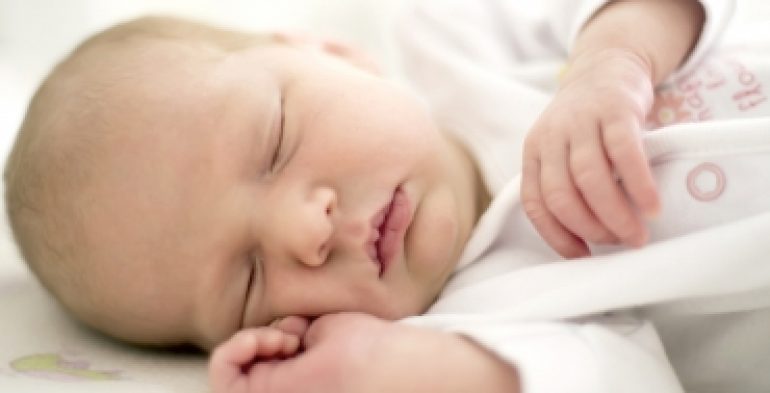
 Prepare yourself in advance by knowing that your newborn baby’s sleep patterns will be a challenge for you getting your own rest. Added to this the challenge of dealing with the demands of a new baby particularly for first time parents and you can understand why this is a time of tiredness for new mums and dads! Babies wake several times all around the clock and will likely need a diaper change and a feed each time so you will be busy! Expect to feel a bit grumpy and tired and rest assured it will get better over time once you get through those first weeks.
Prepare yourself in advance by knowing that your newborn baby’s sleep patterns will be a challenge for you getting your own rest. Added to this the challenge of dealing with the demands of a new baby particularly for first time parents and you can understand why this is a time of tiredness for new mums and dads! Babies wake several times all around the clock and will likely need a diaper change and a feed each time so you will be busy! Expect to feel a bit grumpy and tired and rest assured it will get better over time once you get through those first weeks.
How newborn babies sleep
Don’t be surprised if your baby sleeps up to 18 hours in 24 this is quite natural. Your baby however will be unlikely to sleep for more than 3-4 hours at a time before waking up and requiring a feed and a diaper change. Some babies will sleep a little longer and some a little less depending on how well they are feeding, and on their own personalities and traits. You will soon see what is normal for your own baby and then it is really a matter of going with the flow. Try and sleep when your baby sleep so that you don’t become too sleep deprived. Also it is good practice not to be exceptionally quiet when your baby is sleeping. Babies are good at sleeping through normal household noise if they are used to it so there is no need to tiptoe around.
How to help your baby establish a good sleep routine
For the first few weeks your baby probably won’t stay awake for more than a couple of hours before becoming tired. It is wise to let your baby sleep as soon as they show signs of tiredness as once overtired they can be harder to settle.
Signs of tiredness include:
- Yawning and stretching
- Rubbing eyes or ears
- Becoming irritable and crying
- Becoming uninterested
- Turning away from people or toys and snuggling into you
You will soon get to know your baby and what their particular signs are and get them settled into their crib or cot as soon as you observe them.
Teach your baby the difference between day and night
Even very young babies, from between two and six weeks old can be shown the difference between day and night so it is good to start this process as soon as you like. The benefits to both you and your baby are great in that you both will have better sleep routine.
In the daytime:
Dress your baby ready for the new day, chat and sing to your baby and play; keep the environment light and airy and have normal household noise going on even when your baby sleeps in the day. Feeding times and diaper changes can be social and fun where you interact with your baby.
In the night time
It is a great idea to pick a bedtime early evening when you can give your baby a soothing bath and dress them in their sleepwear before they have their feed. It is fine to cuddle and read a quiet story at this time but keep the room in low light and chat to a minimum. Try and let your baby settle on their own as early as you can. If you rock and sooth your baby to sleep in the early days they will be likely to want this to continue! Your baby will wake again for a feed through the night but during this time keep the room in low light and make diaper changing and feeding a very quiet and non-interactive event so that your baby begins to understand the difference between night and day.
Establishing good routines and habits as early as after the first couple of weeks are really helpful in helping your baby to sleep well and you having the benefit of a more settled baby. It is not something that comes overnight though and there will be setbacks when your baby is teething or poorly or just going through a growth spurt and changing feeding patterns, but on the whole it is worth the effort.








